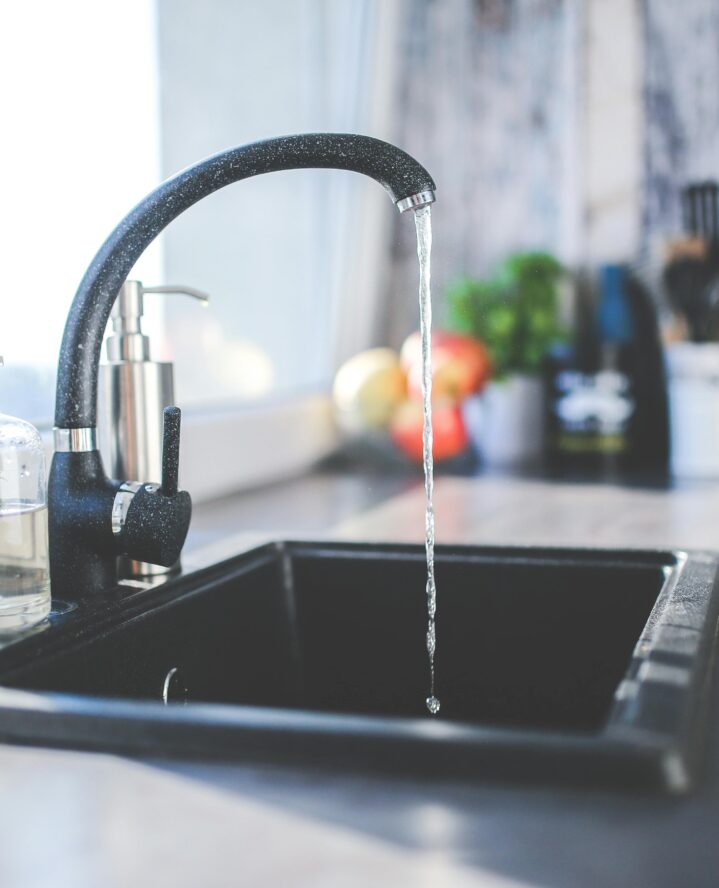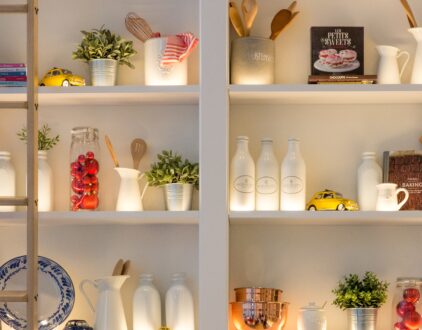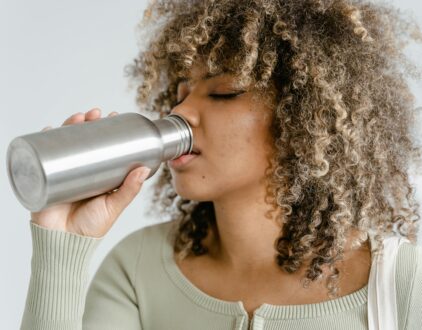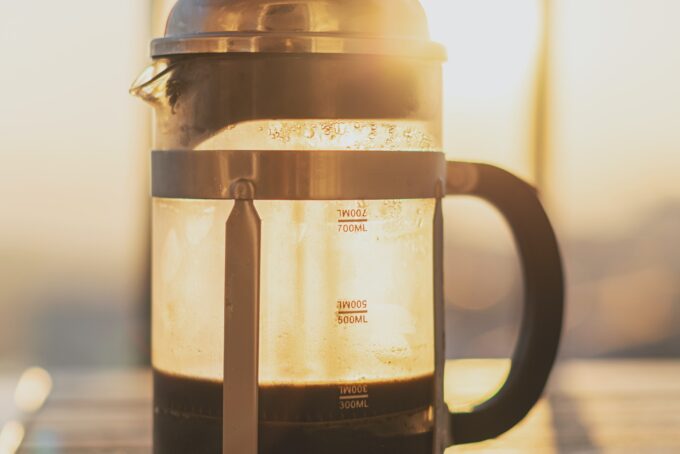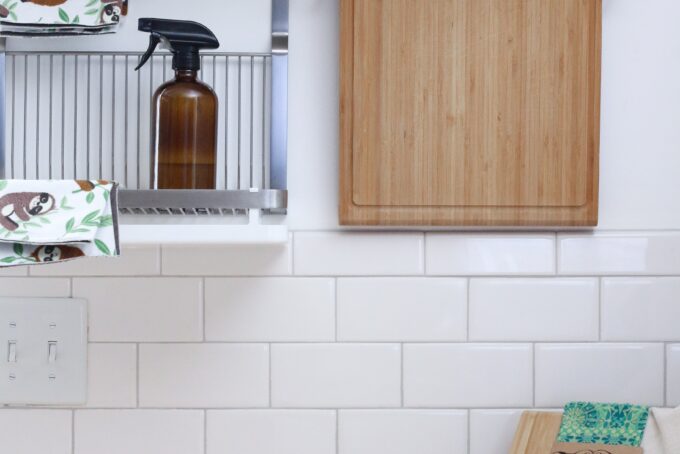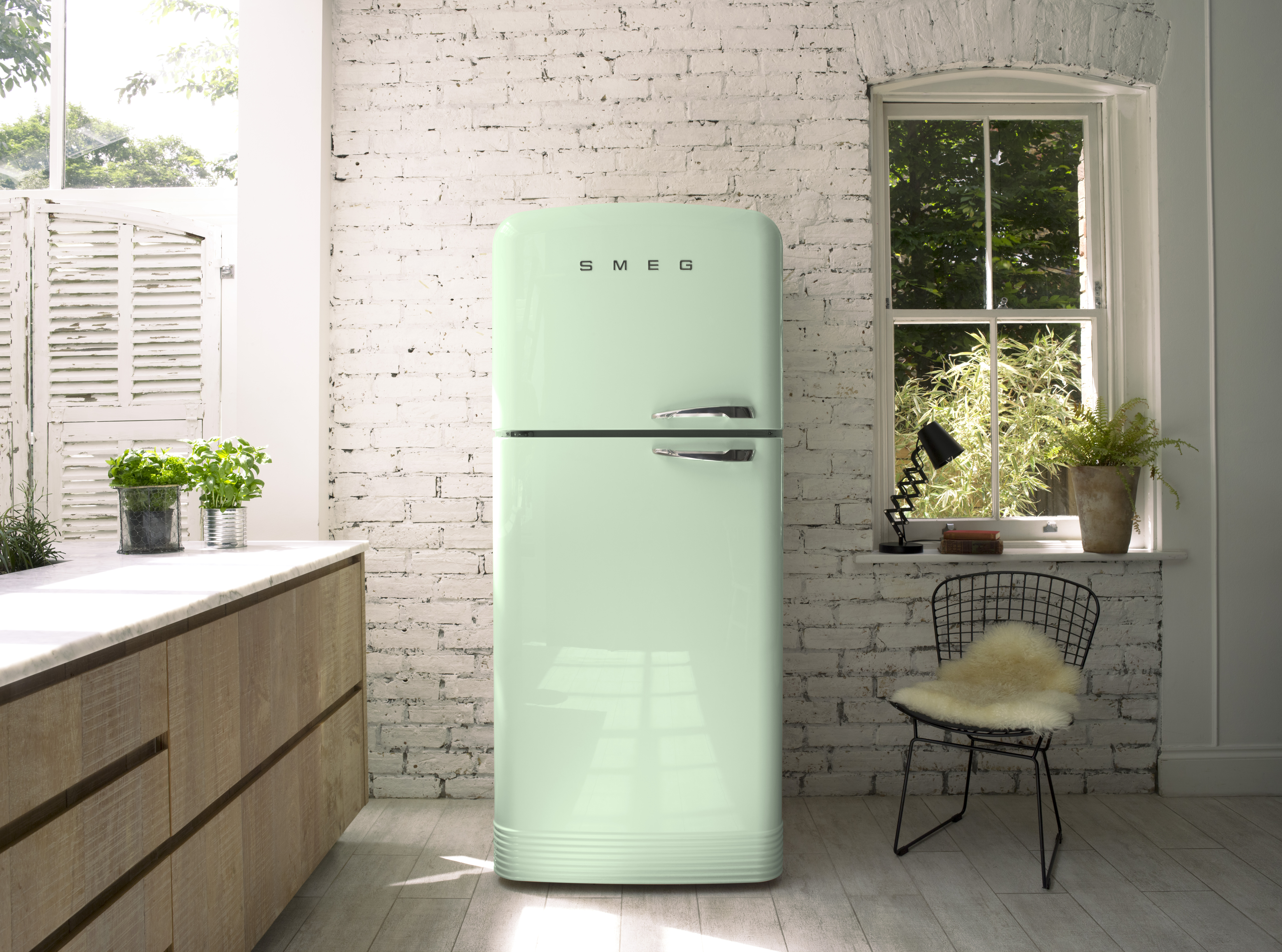When you pour something down the kitchen sink, chances are you don’t think about where it goes once it disappears into the drain. But if you’ve ever had clogged plumbing in your home, you know how much of a pain—and expense—it can be to fix. Most organic food particles can safely go down the drain after running the garbage disposal for a few moments. But, there are a few items that should never go near it. Some are obvious, while others might come as a surprise.
Understanding Where Waste Goes
When you pour liquids and small particles down the drain, they travel through your plumbing system and eventually make their way to either a septic tank or a municipal wastewater treatment plant. In both cases, the goal is to treat and dispose of the waste in an environmentally responsible manner. However, when you pour certain substances down the drain, you’re not only putting your own plumbing at risk but also potentially harming the environment. So, by being mindful of what you pour down your sink drain, you’re not just protecting your home, but also doing your part to preserve the planet.
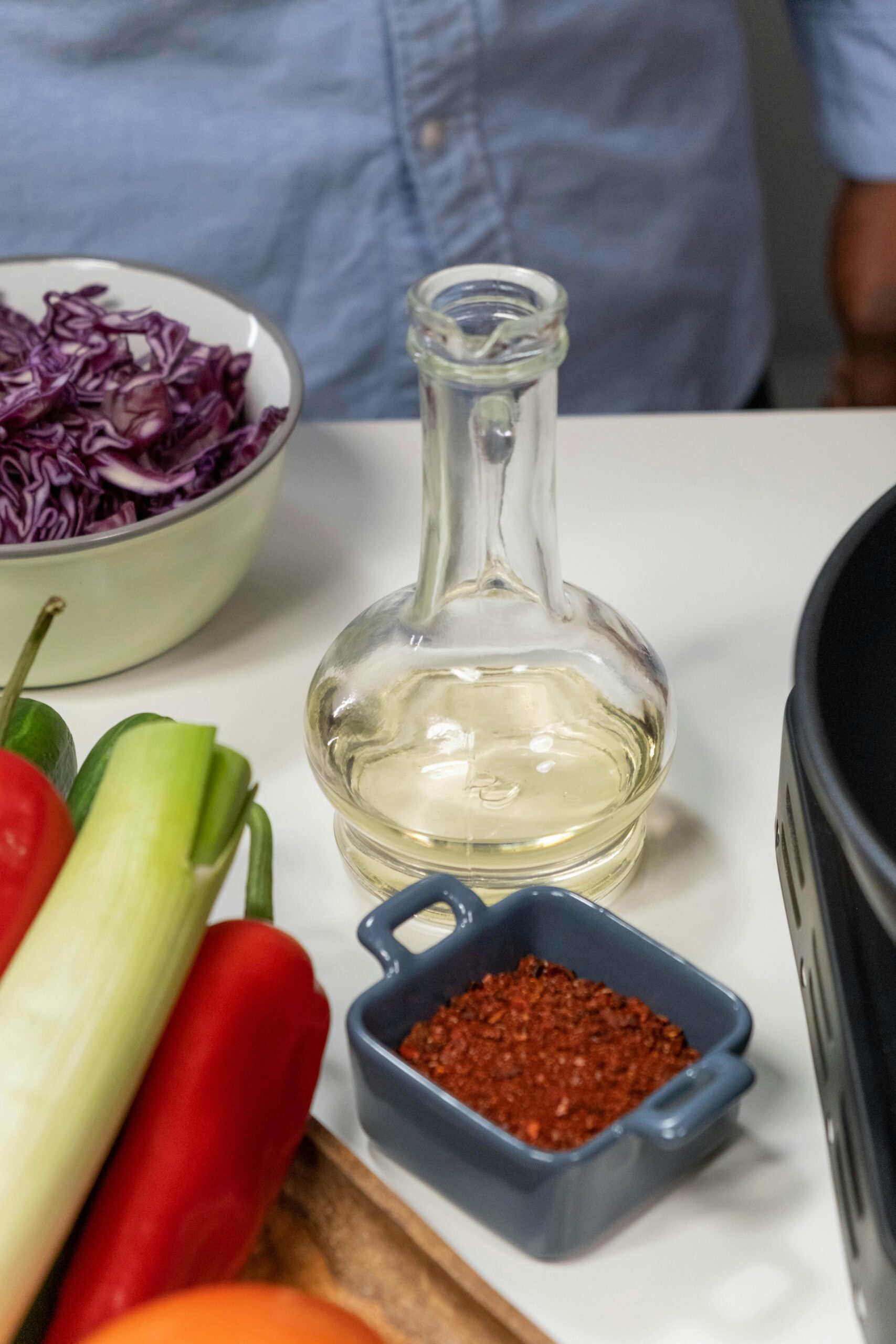
1. Grease and Oil: The Silent Culprits
After whipping up a delicious batch of crispy bacon, you’re typically left with several spoonfuls of shiny, hot grease. It’s too hot to toss in the trash, so your first instinct might be to pour it down the drain. Since it’s liquid, it can’t be that bad for your drain, right? Think again! While grease and oil might appear harmless when they’re hot and liquid, they undergo a transformation as they cool down. These substances solidify and can form stubborn blockages within your pipes, leading to potential plumbing disasters. So, what’s the alternative? Bacon grease actually has many uses and is worth saving. But if that’s not your vibe, allow it to cool and then dispose in the trash.
2. Coffee Grounds: More Than Just a Morning Ritual
You’ll always have leftover coffee grounds, and it can get messy transporting them to the trash. It might be tempting to rinse them down the sink, but the small particles are infamous for accumulating in pipes. This can create a sludgy, messy nightmare that can result in clogs and unpleasant odors. Instead of sending them down the drain, consider tossing them in the trash or adding them to your compost pile for a more environmentally friendly option.
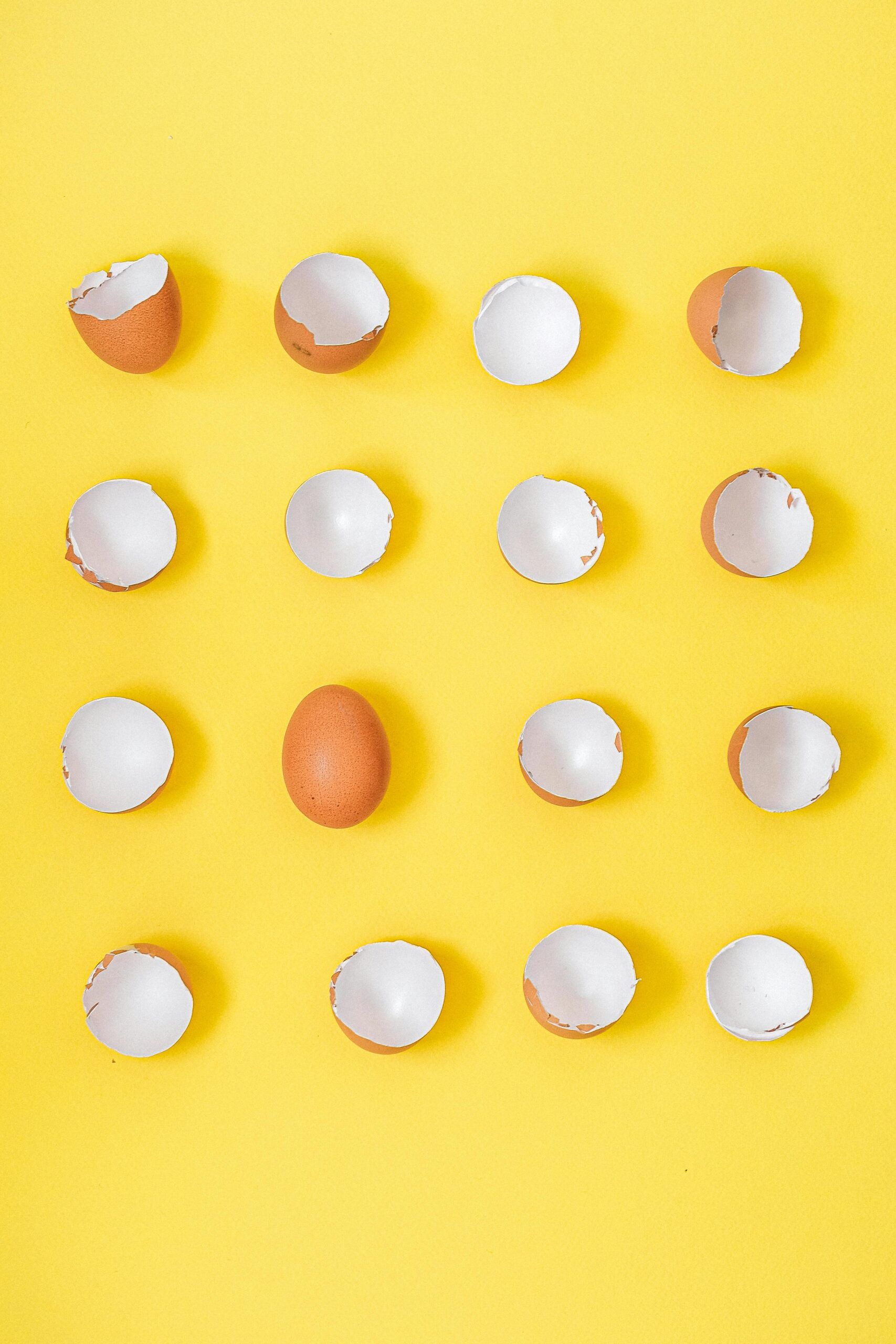
3. Eggshells: A Common Culprit
Eggshells might seem delicate enough to flush down, but they can stick to the sides of your pipes and combine with other debris, creating stubborn blockages that are no fun to deal with. Instead, toss them in the compost bin or use them as fertilizer for your garden.
4. Pasta and Rice: The Expanders
Got some leftover pasta or rice from last night’s dinner? These foods have a sneaky way of expanding when they absorb water, which can lead to potentially disastrous clogs in your pipes. So, what’s the solution? Instead of risking a plumbing catastrophe, dispose of them in the trash or consider composting them if they’re not heavily seasoned.
5. Paint and Solvents: Harmful Residues
Paint and solvents contain chemicals that can wreak havoc on your plumbing system. If clogging your pipes isn’t the issue, the harsh ingredients can lead to corrosion and damage, causing leaks. Instead, dispose of paint and solvent residues responsibly by following local regulations for hazardous waste disposal.
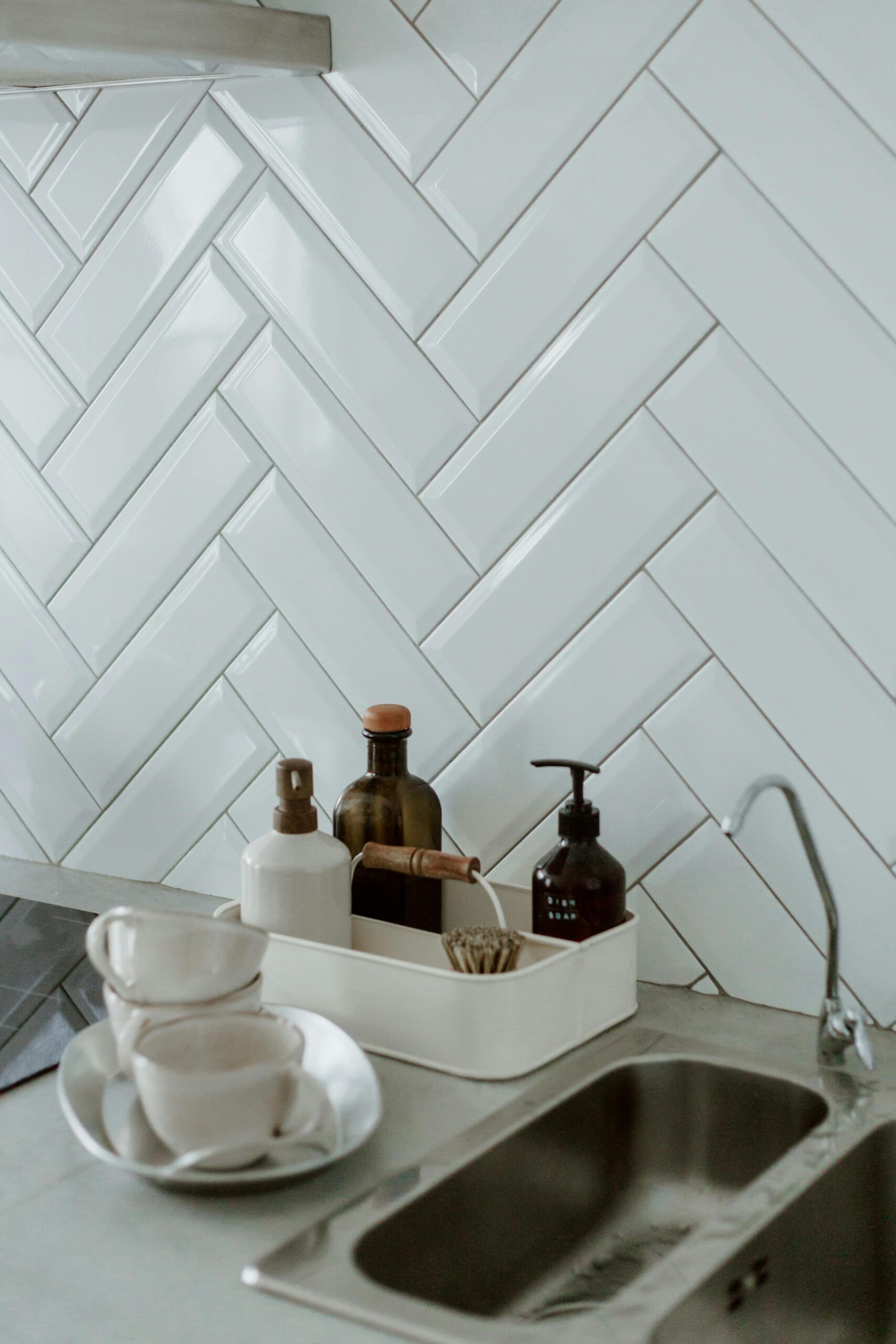
6. Chemical Cleaners: Harsh on Pipes
These harsh cleaners can corrode your pipes over time, leading to leaks and costly repairs. Not to mention, they’re harmful to the environment. Instead of reaching for the chemical cleaners, you could always go for natural alternatives like vinegar and baking soda.
7. Medications: Prescription for Plumbing Problems
Got expired or unused medications lying around? They can contaminate water sources and harm aquatic life when flushed down the drain. Instead, take them to a designated medication disposal site or participate in a medication take-back program.
popular posts
Spaces
Whether it’s luxury or ease, every area of your home should be as fabulous and unique as you.
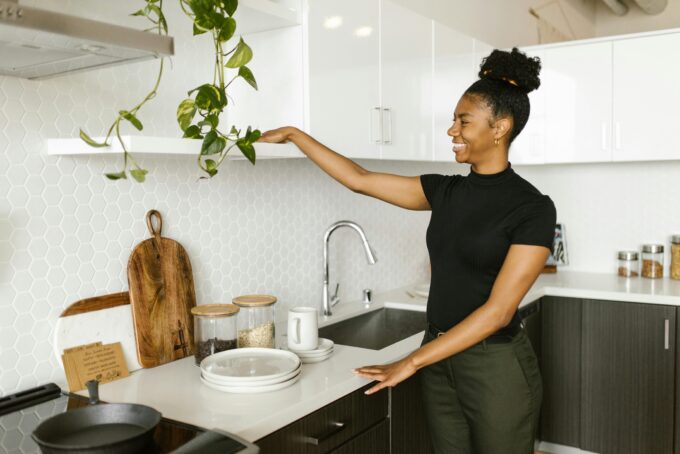
Want a More Organized Kitchen? These 9 Hacks Can Help
by Melody Beuzelin | April 15, 2024
Why the Butler's Pantry Is Timeless Elegance for a Modern Home
by Kelsey Marie | July 31, 2023
You Can Now Shop SMEG's Iconic Retro Refrigerators on Amazon
by Kelsey Marie | October 31, 2024
FOLLOW ALONG ON INSTAGRAM
#homeandtexture
Find us on social for more home inspiration where culture, personal style, and sophisticated shopping intersect to help you create a home where you love to live.
